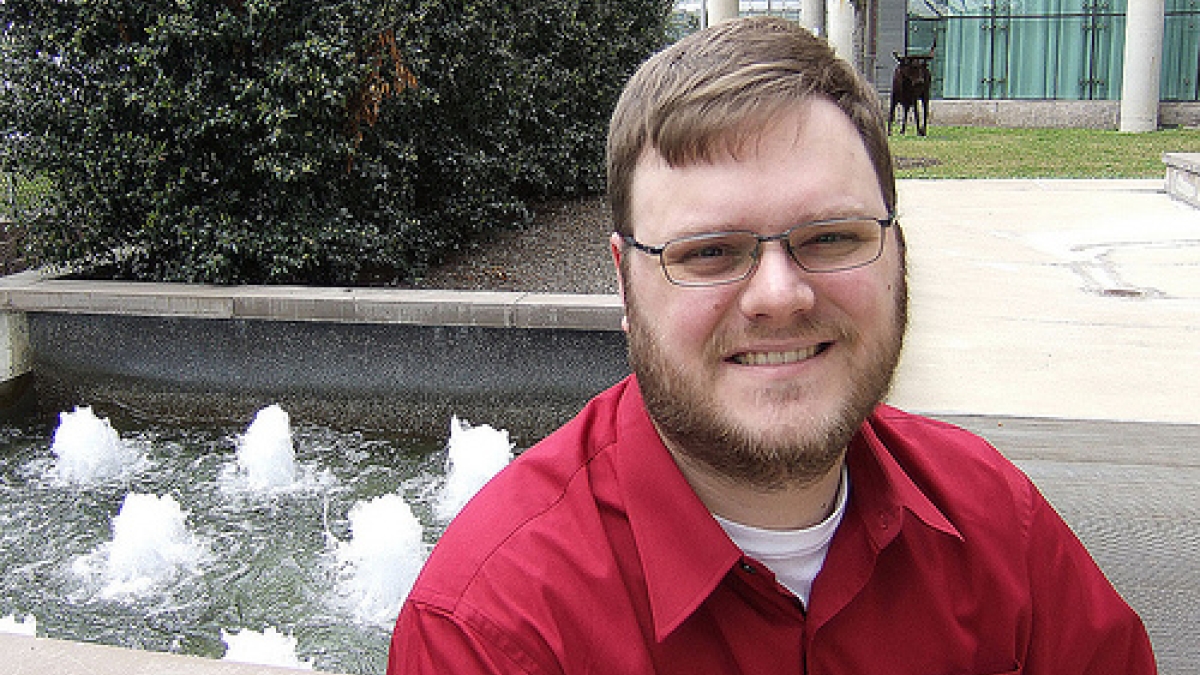Genetic data expert to bolster ASU's high-throughput DNA analytics

Arizona State University has recruited computational and evolutionary geneticist Reed Cartwright to expand its capabilities to conduct next-generation DNA sequence analysis. He has joined the Center for Evolutionary Medicine and Informatics at the Biodesign Institute with a joint-faculty appointment in the School of Life Sciences.
Cartwright’s research focuses on population genetics and molecular evolution. He develops statistical models and software tools to help understand complex genomic data in their biological context. His past work has shed light on genetic variation within and between human families, selection of physical characteristics, evolution of the language genes, the relationship of the genomes of parents and daughters, and the evolution of genetic mutations in groups of organisms.
“Cartwright has developed important methods and tools for analyzing DNA sequence data,” says Sudhir Kumar, director of the Biodesign Institute’s Center for Evolutionary Medicine and Informatics. “His arrival coincides with ASU’s expanded efforts in the next-generation genomics and medicine.”
Cartwright brings his extensive experience in public and scientific outreach to ASU. He manages the largest group blog on evolution, called the Panda’s Thumb. He also co-edited “The Open Laboratory: The Best Science Writing on Blogs 2007,” a book highlighting more than 50 blog posts to show the diversity of science writing and shed light on blogs as a new venue to discuss science. Cartwright is an avid supporter of pro-science education causes with the aim of helping to improve the state of biology education in the U.S.
Before coming to ASU, Cartwright was a Huxley Faculty Fellow in the Department of Ecology and Evolutionary Biology at Rice University. Prior to that, he conducted postdoctoral research at the University of Houston and North Carolina State University. Cartwright was educated at the University of Georgia, where he earned a doctoral degree in genetics after graduating cum laude with honors with bachelor’s degrees in both genetics and Latin.